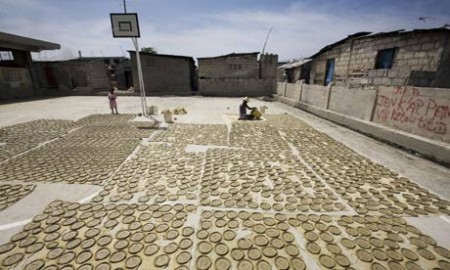Hunger now afflicts almost a billion people in 60 countries … and kills 25,000 a day. A special report by Rob Edwards to explain the background to our Christmas appeal
A SILENT tsunami of hunger is engulfing the world, afflicting nearly a billion people in 60 countries and killing 25,000 men, women and children every day. The global food crisis, triggered by high prices, shortages and bad weather, is deepening as the world’s economy moves into recession. Millions more people are now facing poverty, starvation, disease and death.
The World Bank is predicting that 967 million people will now go hungry in 2008, 44 million more than in 2007. That means that almost one in every six people on the planet is not getting enough food to stay healthy.
Children’s growth is being stunted, immune systems are being destroyed and fatal diseases like diarrhoea, measles and malaria are spreading.
“This is a tragic loss of human and economic potential”, says a report from the World Bank.
Irreparable damage is being done to the health, life and prospects of hundreds of millions of people, it warns. “This is not only a crisis now, but a time bomb for the future.”
The World Bank also estimates that 2008 has pushed 100 million more people into serious poverty, making it more difficult for them to afford life’s essentials. Some 2.3 billion people worldwide have to manage on less than the equivalent of £1.35 a day.

